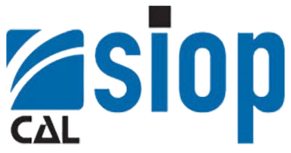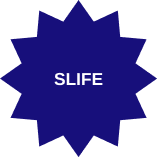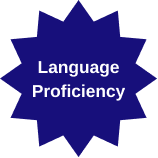AN OVERVIEW OF

What Is CAL SIOP?
 The original Sheltered Instruction Observation Protocol (SIOP) Model was developed by researchers Jana Echevarria, Mary Ellen Vogt and Deborah J. Short under the auspices of the CAL and Center for Research on Education, Diversity & Excellence (CREDE), a national research center funded by the U.S. Department of Education.
The original Sheltered Instruction Observation Protocol (SIOP) Model was developed by researchers Jana Echevarria, Mary Ellen Vogt and Deborah J. Short under the auspices of the CAL and Center for Research on Education, Diversity & Excellence (CREDE), a national research center funded by the U.S. Department of Education.
The SIOP Model is a research-based and validated instructional model that has proven effective in addressing the academic needs of Multilingual learners, However, through extensive work with schools, districts, state education agencies, and organizations, CAL has expanded and enriched the model to include more than just the eight components and their respective features.
Model
The SIOP Model consists of eight interrelated components comprised of 30 feactures:
Characterized by six (6) feactures including Content and Language Objectives, Lesson Preparation is the basic for successful lessons.
Three (3) feactures of this components help teachers make connections to MLs cultural anf linguistic experiences while accessing content.
Involves implementation of three (3) feactures so teavhers can make lesson content more accessible with supports.
Uses three (3) feactures to seach student to employ cognitive, metacongnitive, and language learning strategies.
Four (4) fectures that teachers use to launch high-level student interaction about content to meet rigorous standards.
Characterized by three (3) feactures that facilitate deliberate use and practice of oral and written language.
Four (4) feactures that help teachers monitor the success of lesson implementation in helping student meet objectives.
Uses four (4) feactures to determine to what degree students are meeting a lesson’s content and lenguage objectives.





